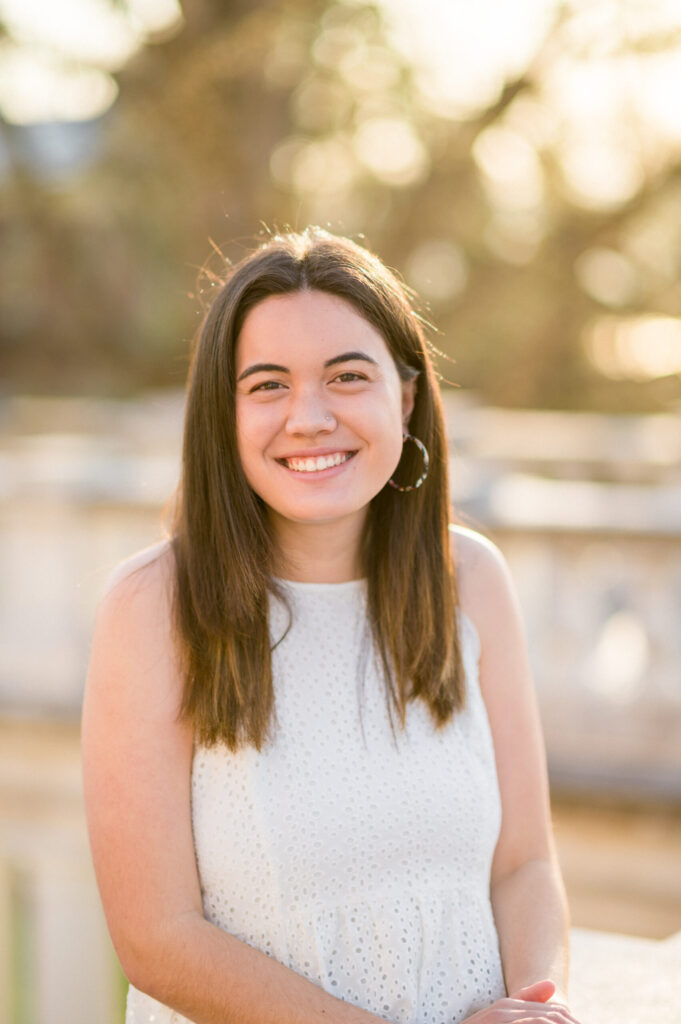by Malia Sample, 2021 Undergraduate Summer Research Fellow in Lived Theology
As my time as a fellow with the Project on Lived Theology comes to a close, I feel immense sadness for the end of such an amazing experience, but I am also filled with immense gratitude for this fellowship and for all that it has given and taught me. It is weird to think of this as an “end” because I believe one of the biggest things I have learned during my research this summer on Black theology and the intersection of faith and racial injustice is just how far from the “end” of researching, of learning, and of growing I am. I am leaving this summer with more knowledge and understanding, but I am also leaving this summer with more of a knowledge and understanding of how much I still have to learn. My time with the Project on Lived Theology, however, has given me the tools, impulse, humility, and courage to continue to learn about what it means to think and live theologically amidst and against racial injustice and racism. And now, as I write my final blog post for this fellowship, I am reminded of and brought back to a quote from the first book that I read this summer for my research:
I must confess that over the past few years I have been gravely disappointed with the white moderate. I have almost reached the regrettable conclusion that the Negro’s greatest stumbling block in his stride toward freedom is not the White Citizens’ Counciler or the Ku Klux Klanner, but the white moderate, who is more devoted to “order” than to justice; who prefers a negative peace which is the absence of tension to a positive peace which is the presence of justice; who constantly says: “I agree with you in the goal you seek, but I cannot agree with your methods of direct action”; who paternalistically believes he can set the timetable for another man’s freedom; who lives by a mythical concept of time who constantly advises the Negro to wait for a “more convenient season.” Shallow understanding from people of good will is more frustrating than absolute misunderstanding from people of ill will. Lukewarm acceptance is much more bewildering than outright rejection.
This quote, from Martin Luther King, Jr.’s “Letter from Birmingham Jail,” has stuck with me throughout this summer and is something that is compelling me forward toward continuing to learn about and to fight for racial justice. The image of the white moderate MLK references feels more familiar than I would like it to. As a member of the predominantly white American church, some of the descriptions of the white moderate sound like things I have heard from pulpits and in conversations. We can re-label our silence and complacency with racism and injustice as prioritizing “peace” and “unity,” but true Biblical peace and unity cannot coexist with injustice. I believe we live in a broken world, a world affected and infected by sin. The evil of racial injustice invades our American society in such a way that goes down to the roots and continues systemically in our present moment.
Because of racial injustice’s deeply engrained and all-affecting nature, living justly and fighting for justice will not be attained passively by those who do not suffer as a result of the injustice. Pursuing justice must be actively chosen by those who are members of the society that perpetuates it. When it comes to injustice, we are never neutral. To quote Bishop Desmond Tutu, “If you are neutral in situations of injustice, you have chosen the side of the oppressor. If an elephant has its foot on the tail of a mouse and you say that you are neutral, the mouse will not appreciate your neutrality.” As a non-Black member of the predominantly white American church, I am in an inherent place of privilege when it comes to the racial injustice against Black Americans that infects my country and its church. It is not up to me to decide what is just or unjust. But it is up to me to choose to listen, to learn, and to fight with my Black brothers and sisters for justice and for true peace and unity. A few paragraphs later in “Letter from Birmingham Jail,” Dr. King says:
Human progress never rolls in on wheels of inevitability; it comes through the tireless efforts of men willing to be coworkers with God, and without this hard work, time itself becomes an ally of the forces of social stagnation. We must use time creatively, in the knowledge that the time is always ripe to do what is right.
Right now, as racial injustice continues to pervade and ravage our country, the time is ripe to do what is right. But this must be chosen because “it never rolls in on the wheels of inevitability.” And this must be an ongoing process because “it comes through the tireless efforts of men.” And this must be fought for by men and women who are willing to be coworkers with the divine action and plans of a just and loving God.
Read Malia’s first and second blog posts here and here.
Learn more about the 2021 Undergraduate Summer Research Fellowship in Lived Theology here.
The Project on Lived Theology at the University of Virginia is a research initiative, whose mission is to study the social consequences of theological ideas for the sake of a more just and compassionate world.

